These reflections are a result of more than 40 years of ministry as a Roman Catholic priest. Most of these years I spent in the Diocese of Charlotte which covers Western North Carolina. Now I am retired, and live in Medellín, Colombia where I continue to serve as a priest in the Archdiocese of Medellín.
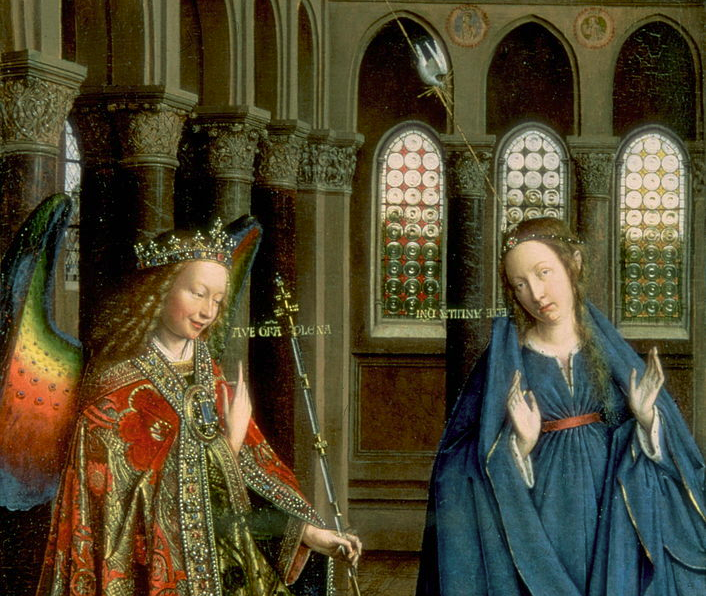
When peaceful stillness compassed everything and the night in its swift course was half spent, Your all-powerful word, from heaven’s royal throne bounded. (Wis 18:14-16; 19:6-9)
https://bible.usccb.org/bible/readings/111525.cfm
Today’s passage gave rise to Christmas Eve tradition of Midnight Mass. Remembering the Virgin Mary, we begin the preparations for Christmas. In Envigado (my town within the great metropolitan city of Medellín), the Christmas lights will be turned on next Friday, November 21, with great festivity and will remain until January 18. Advent used to be six weeks long, and in some parts of the church it still is. Tomorrow, November 16, is the First Sunday of Advent, or we can wait until Sunday, November 30. But either way, may the Holy Season of Advent make us more aware of Christ in the poor, especially in immigrants, and in those who have nothing. https://youtu.be/X0ZSRwrmNKA?si=sfGozG7uhRr9UlgG
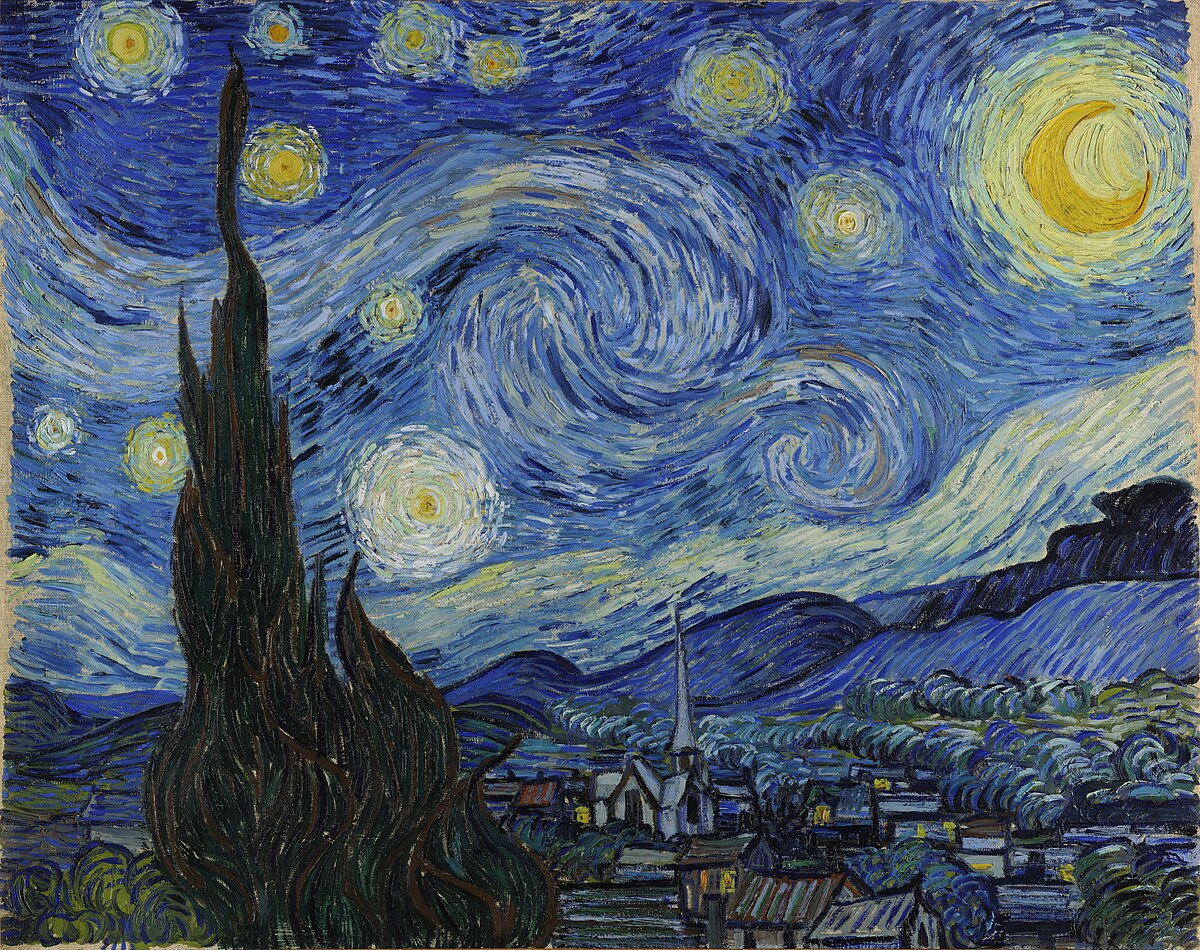
All men were by nature foolish who were in ignorance of God, and who from the good things seen did not succeed in knowing him who is, and from studying the works did not discern the artisan; But either fire, or wind, or the swift air, or the circuit of the stars, or the mighty water, or the luminaries of heaven, the governors of the world, they considered gods. Now if out of joy in their beauty they thought them gods, let them know how far more excellent is the Lord than these; for the original source of beauty fashioned them. (Wis 13:1-9)
https://bible.usccb.org/bible/readings/111425.cfm
The traditional philosophical arguments for the existence of God are somewhat dry and not very convincing. Belief in God has always seemed something wild, wonderful and absolutely terrifying. The Book of Wisdom suggests that beauty is the way that God captures our hearts. https://youtu.be/BBPbZHK41dM?si=0RFA910Q4Etl1vGo
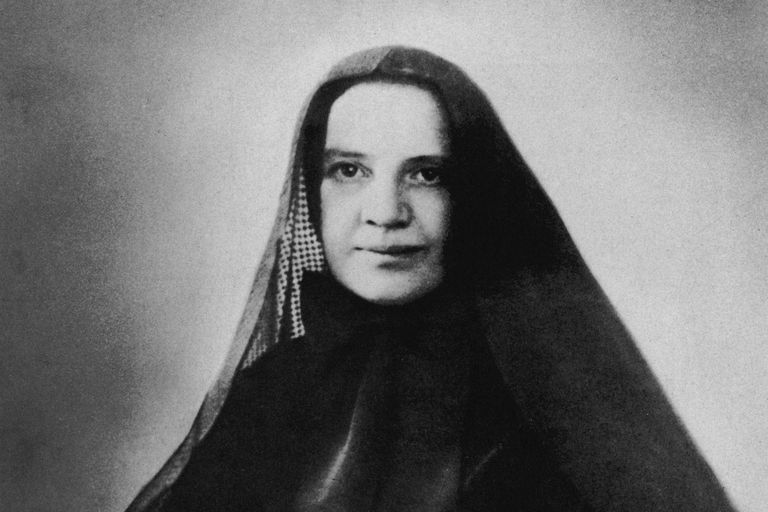
Wisdom, who is one, can do all things, and renews everything while herself perduring; And passing into holy souls from age to age, she produces friends of God and prophets. (Wis 7:22b-8:1)
https://bible.usccb.org/bible/readings/111325.cfm
Wisdom in Hebrew, Greek and Spanish is a feminine noun. Frances Xavier Cabrini (1850-1917) was filled with wisdom and was a friend of God. She was an immigrant missionary sister who became the first United States citizen to be canonized. I remember how some folks said that Mother Cabrini really didn’t count as a US saint because she was an immigrant. These folks were pushing for the canonization of Elizabeth Ann Seton (1774-1821) as the first “native-born” US saint. (Mother Seton wasn’t born in the United States either, but rather in the British Colonies that later became the United States!). https://youtu.be/rLex5QGMp70?si=a88wGgcRycmiZGYC
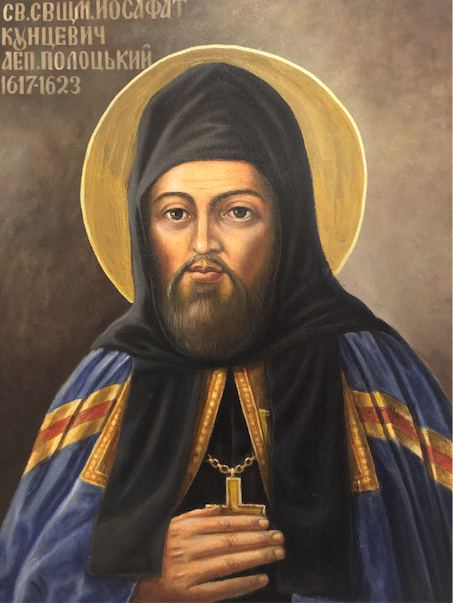
The mighty shall be mightily put to the test. For the Lord of all shows no partiality, nor does he fear greatness. (Wis 6:1-11)
https://bible.usccb.org/bible/readings/111225.cfm
The church should probably avoid getting into politics. The only problem is that no one ever told this to God. Although the powerful never cite these passages, God has a vested interest in caring for the poor, the hungry, the fatherless and the destitute. Perhaps we had all better pay attention. Saint Josaphat (1580-1643) was from the Ukraine and was martyred for working for the reunion of the church East and West. The video today is of a traditional Ukrainian folksong. https://youtu.be/aaOChwNPg5o?si=TUXGYcmWGQrgu7--
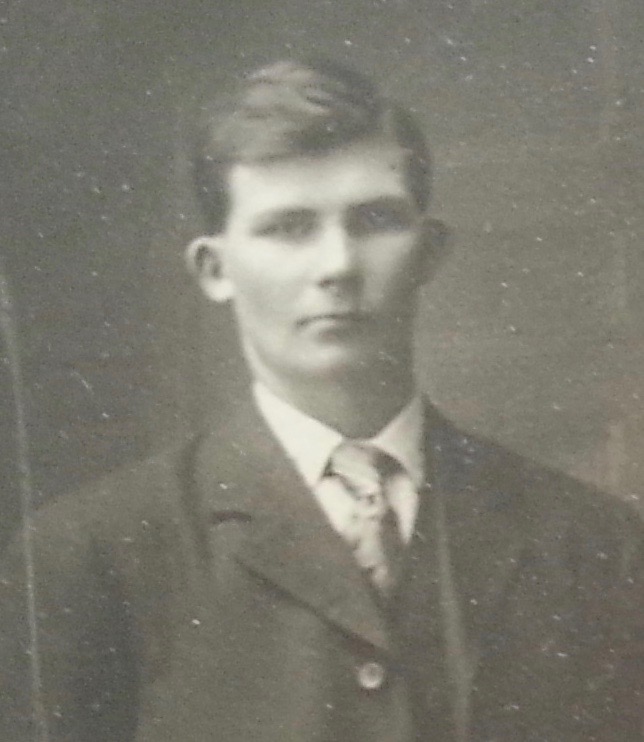
Responsorial Psalm (Psalm 34)
R. I will bless the Lord at all times.
When the just cry out, the LORD hears them, and from all their distress he rescues them.
The LORD is close to the brokenhearted; and those who are crushed in spirit he saves.
R. I will bless the Lord at all times.
https://bible.usccb.org/bible/readings/111125.cfm
Saint Martin (316-397) was a man of war who was converted and became an instrument of peace and reconciliation. He was the first non-martyr to be recognized as a saint. Today is Armistice Day that ended the First World War at the 11th hour, of the 11th day, of the 11th month. Today’s photo is of my great uncle Charlie Goetting who was gassed in the trench warfare of the First World War and died of his injuries. Today’s video is a clip from the chilling anti-war film, All Quiet on the Western Front (1930). https://youtu.be/fHuNQER_8rI?si=k2OwT0hr9ieGiRyb



